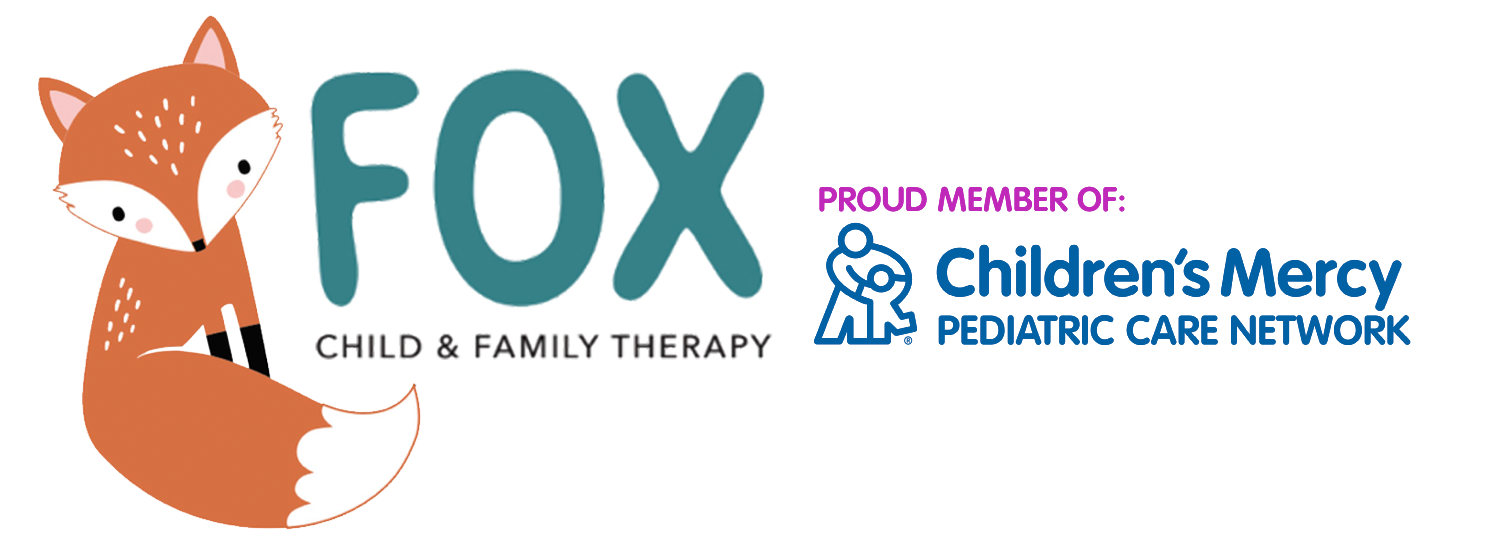What Is Social Anxiety? Understanding the Fear of Being Judged

As humans, we are meant to be social beings. Our societal norms prioritize communication, connection, and visibility. As the value placed on these things increases, many people struggle to navigate interactions that others find effortless.
The culprit? Oftentimes, this is related to a phenomenon called social anxiety. Here we’ll explore what social anxiety is, the associated symptoms, triggers, and causes, and introduce treatment options.
Simple social situations, meetings, or even eye contact can leave you feeling paralyzed and helpless.
What Is Social Anxiety?
Do you find social engagements or gatherings overwhelming? Are work meetings a constant source of stress? Does making eye contact make you feel tense? These can all be signs that you’re dealing with social anxiety.
Social anxiety is a complex condition that goes beyond shyness and nerves. Commonly misunderstood, it can impact daily functioning, responsibilities, relationships, and overall self-esteem.
It’s a specific type of anxiety associated with personal interactions and social situations. There’s a fear of being judged or making a mistake that others will be able to see. Or, it could include discomfort with a certain person or feeling nervousness with larger groups of people.
These common occurrences cause your mind and body to go through an intense amount of stress. Oftentimes, it can be difficult to manage the symptoms.
Emotional Symptoms
Social anxiety can manifest in many different ways. Fear is usually a commonly shared symptom, especially in spontaneous or unexpected social situations. You are afraid you’ll be humiliated, and that fear takes control.
Even when you are prepared for a social engagement, social anxiety can cause you to have lower self-esteem and become a very harsh critic of yourself. This fear may kick in days or even weeks before the event and start to cause other physical and behavioral symptoms.
Physical Symptoms
You may experience visible physical symptoms, including blushing, sweating, trembling, or shaking. As you approach a situation, you may have an increase in your breathing or a rapid heart rate. Muscle tension, headaches, or nausea can arise, making the situation feel even worse.
Behavioral Symptoms
In an effort to reduce the emotional and physical symptoms, social anxiety often leads to avoidance behaviors. This can include avoiding family parties, friend nights out, work meetings, and public speaking engagements.
When you are forced into an uncomfortable social situation, you may find yourself looking for an escape plan or needing a support person. Once there, you may struggle to assert yourself or mingle appropriately. This inability to fully participate can then fuel your anxiety even further. It becomes a vicious cycle.
Just as with other types of anxiety, you naturally try to find ways to cope. Unfortunately, social anxiety can be an easy lead to unhealthy coping strategies while in public, like using alcohol.
How Does It Start?
Different things can trigger social anxiety which may have more than one possible root cause.
Common triggers of social anxiety include:
- Public speaking
- Meeting new people
- Using public restrooms
- Attending large events, like concerts or conventions
- Performing or being the center of attention
As with anxiety or any other mental health condition, you can trace social anxiety back to genetics. If you have a family history of anxiety disorders, you are at a higher risk of developing one yourself.
The environment around you can lead to the onset of social anxiety. If you had overprotective parents or traumatic childhood experiences, it can influence your stress responses. Childhood bullying also causes this fear of being judged.
Treatment Options
Social anxiety can develop and sink its teeth into your quality of life very easily. Thankfully, it’s not something that has to be permanent.
Anxiety therapy options are available and can help uncover what’s causing your anxiety, help you establish healthy coping strategies, and restore your ability to comfortably interact with your social world. Reach out to us to start your healing journey.

